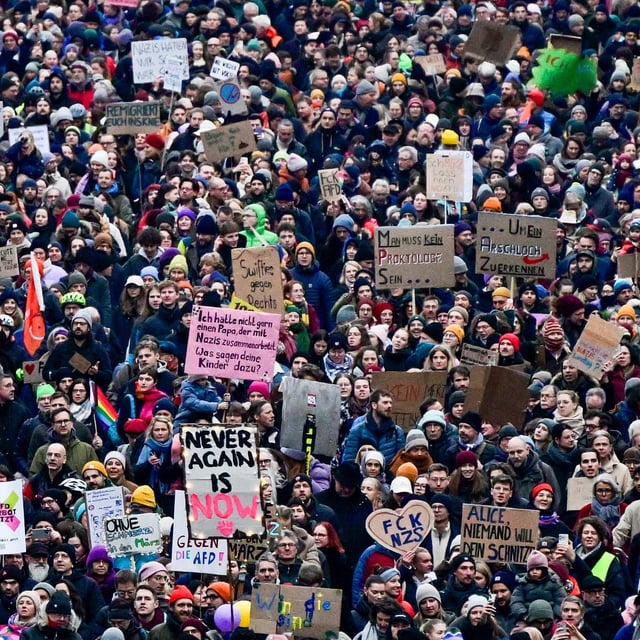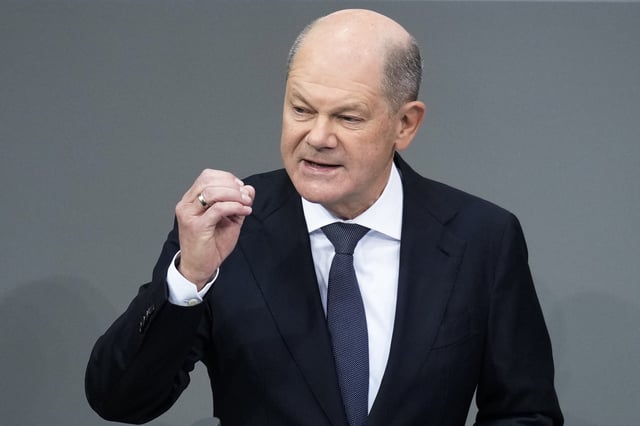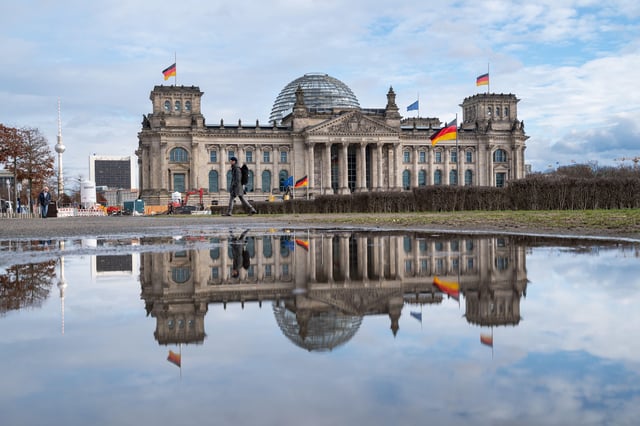Overview
- Germany's federal election on February 23 follows the collapse of the ruling coalition, triggered by ideological disputes and a no-confidence vote in late 2024.
- Polling indicates the Christian Democratic Union (CDU), led by Friedrich Merz, is on track to win, while the far-right Alternative for Germany (AfD) is projected to double its vote share and secure second place.
- The CDU's recent collaboration with the AfD on a controversial migration bill has drawn criticism and raised concerns about the erosion of the political firewall against the far right.
- Key voter concerns include immigration, crime, economic instability, and climate policy, with parties sharply divided over issues like renewable energy, net-zero targets, and heating regulations.
- Coalition-building after the election is expected to be complex, as the CDU may struggle to form a majority government without aligning with ideologically disparate parties.



